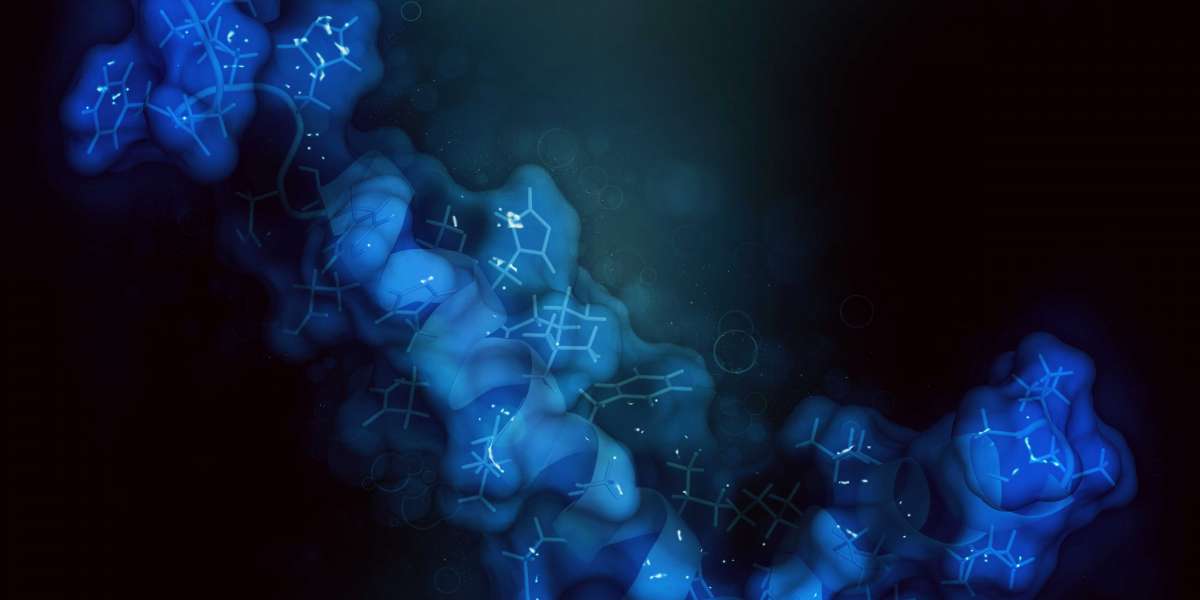Microbial fermentation is an intricate biochemical process driven by microorganisms such as bacteria, yeasts, and molds. Through this natural method, microorganisms transform organic substrates into simpler compounds, making it a cornerstone of numerous industries, including food, pharmaceuticals, and biotechnology.
Historical Context and Evolution
Fermentation is one of humanity’s oldest food preservation techniques, dating back thousands of years. Initially discovered inadvertently, ancient civilizations utilized fermentation to extend food shelf life and enhance flavor. Over time, with the progress of science and technology, our understanding of the fermentation process deepened, leading to more controlled and efficient applications.
Microbial Communities in Action
At the heart of fermentation are the microbes, each with unique enzymatic activity. For instance, yeasts like Saccharomyces cerevisiae play a pivotal role in alcoholic beverage production by converting sugars into ethanol and carbon dioxide. In dairy, lactic acid bacteria, such as Lactobacillus, are crucial for transforming milk into yogurt, cheese, and other fermented products through lactic acid production.
Beyond Food – Industrial Applications
Microbial fermentation extends far beyond traditional food and beverage production. In the realm of pharmaceuticals, it is instrumental in the synthesis of antibiotics like penicillin, which revolutionized medicine. Additionally, biofuels derived from microbial fermentation present a sustainable alternative to fossil fuels, as microbes like Clostridium acetobutylicum are harnessed to convert biomass into bioethanol and biobutanol.
Innovations and Future Prospects
Advancements in genomics and metabolic engineering have propelled fermentation technology further. Scientists can now tailor microbes to enhance yield, efficiency, and product specificity. This precision opens doors to novel applications, such as microbial synthesis of complex compounds like enzymes, amino acids, and vitamins.
Furthermore, the growing interest in probiotics has sparked research into the health benefits of fermented products. Probiotics, live microorganisms that confer health benefits when consumed, are often derived from fermented foods and are critical in gut health maintenance.
Challenges in Microbial Fermentation
Despite its benefits, microbial fermentation faces challenges, particularly in scalability and contamination control. The complexity of microbial interactions requires precise monitoring and regulation to maintain consistency. Moreover, environmental factors such as temperature and pH can significantly impact fermentation outcomes, necessitating rigorous quality control measures.
Conclusion
Microbial fermentation is a testament to the remarkable capabilities of nature. By understanding and harnessing these microscopic powerhouses, we not only improve our quality of life through diverse applications but also pave the way for sustainable industry practices. As research continues to uncover the depths of microbial potential, fermentation will undoubtedly remain a vital, innovative force in shaping our future.






